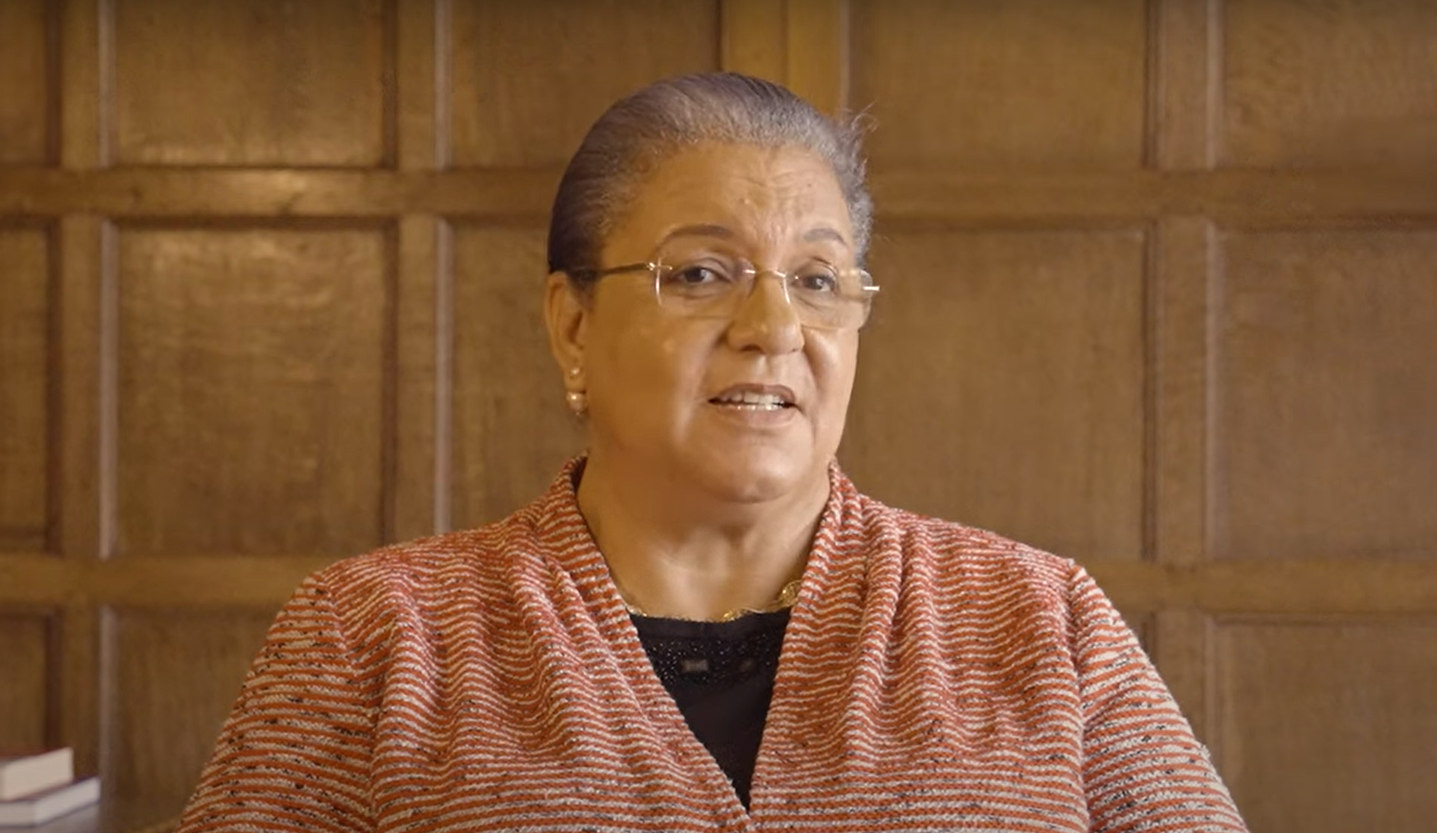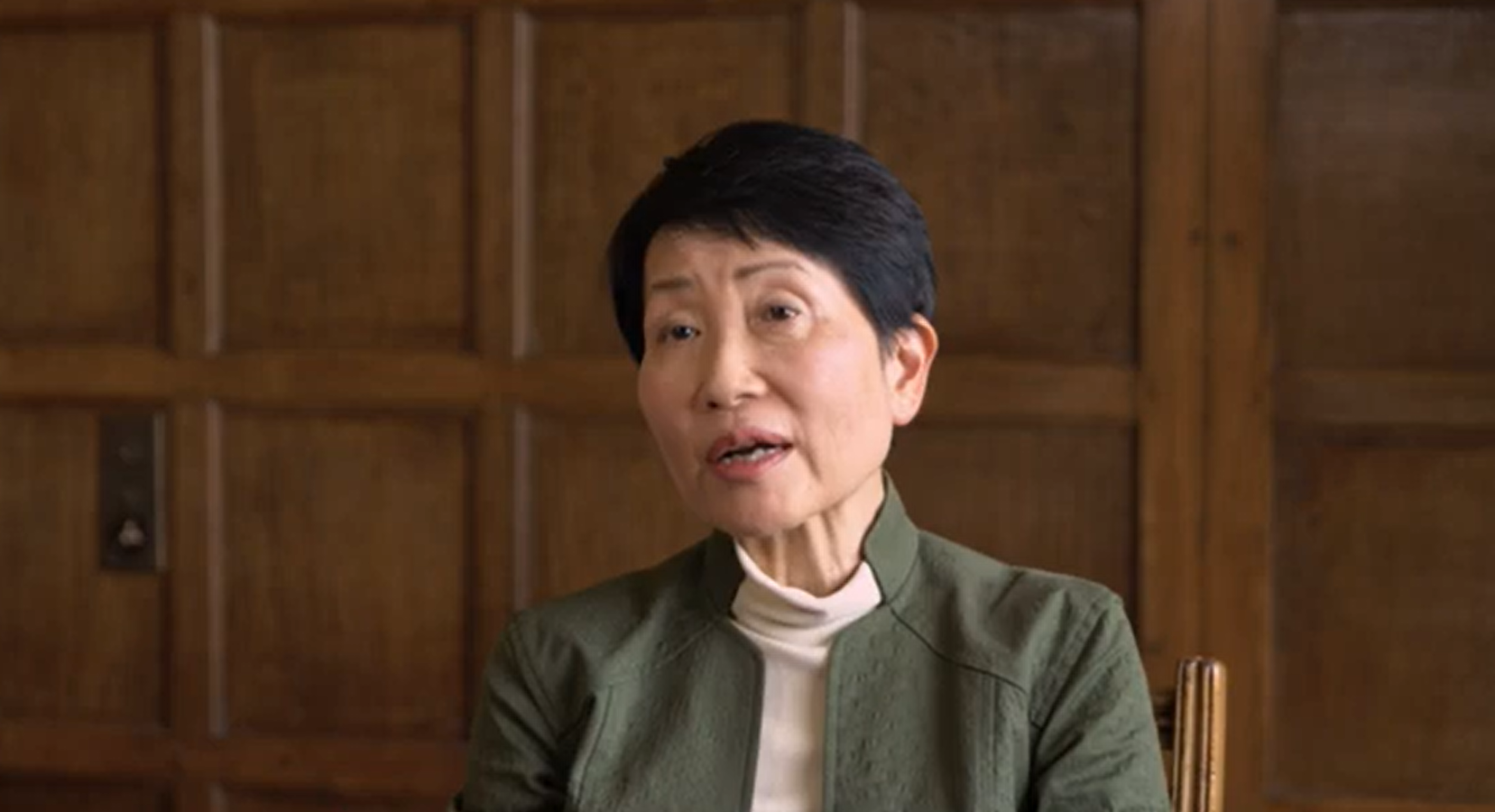In association with the British Embassy in Beijing, the Central Party School of the Communist Party of China and with support from the Foreign and Commonwealth Office and British Airways
This meeting, run in partnership between Wilton Park and the Central Party School of China, discussed China’s Priorities after the 18th Party Congress, that will confirm China’s leadership for the next decade. It addressed the changes in China in the context of other political shifts following elections in France and the US and in the run-up to those in Germany next year.
Leading experts from the Communist Party School of China, which provides training for China’s elite cadre of officials throughout their career, joined policy makers, economic experts and business people to discuss the implications of the path set by the Congress.
This meeting followed on from the inaugural seminar held at the Communist Party School Campus in Beijing earlier this year.
Key points taken from the conference report are:
- China is shifting the focus of its growth-led economic policy towards social policy.
- Chinese people want the same things as those in the West – better education, a more stable society, higher income, more reliable welfare, improved health care, housing and a cleaner environment.
- Harmonious development rests on meeting the aspirations of a more diverse and demanding population and reducing inequality created by rapid growth.
- The new leadership is seen as more powerful, more purposeful, more reformist and more willing to listen.
- China aims to provide a social security system that covers all – but needs to find a way to pay for it.
- Reforming the hokou system, which divides urban and rural dwellers, is a priority.
- China wants to seize the opportunity presented by the change of leadership and press ahead with structural reforms – of state-owned enterprises (SOEs) and the financial and legal systems in particular.
- Chinese companies should expand their overseas presence, enhance their cooperation in an international environment and develop a number of world class operations.
- Ecological concerns are now a mainstream concern incorporated in economic and urban planning.
- Improving the rule of law, and developing its own rules-based system, can help China compete globally and create a more equal and harmonious society.
- The West needs to be modest about its own system and show that democratic capitalism can be both virtuous and effective.
- Both have much to learn from each other but engagement between China and the West may often get harder before it gets easier as both sides adjust to changing strategic and economic realities.
- The key is to manage these differences successfully.












